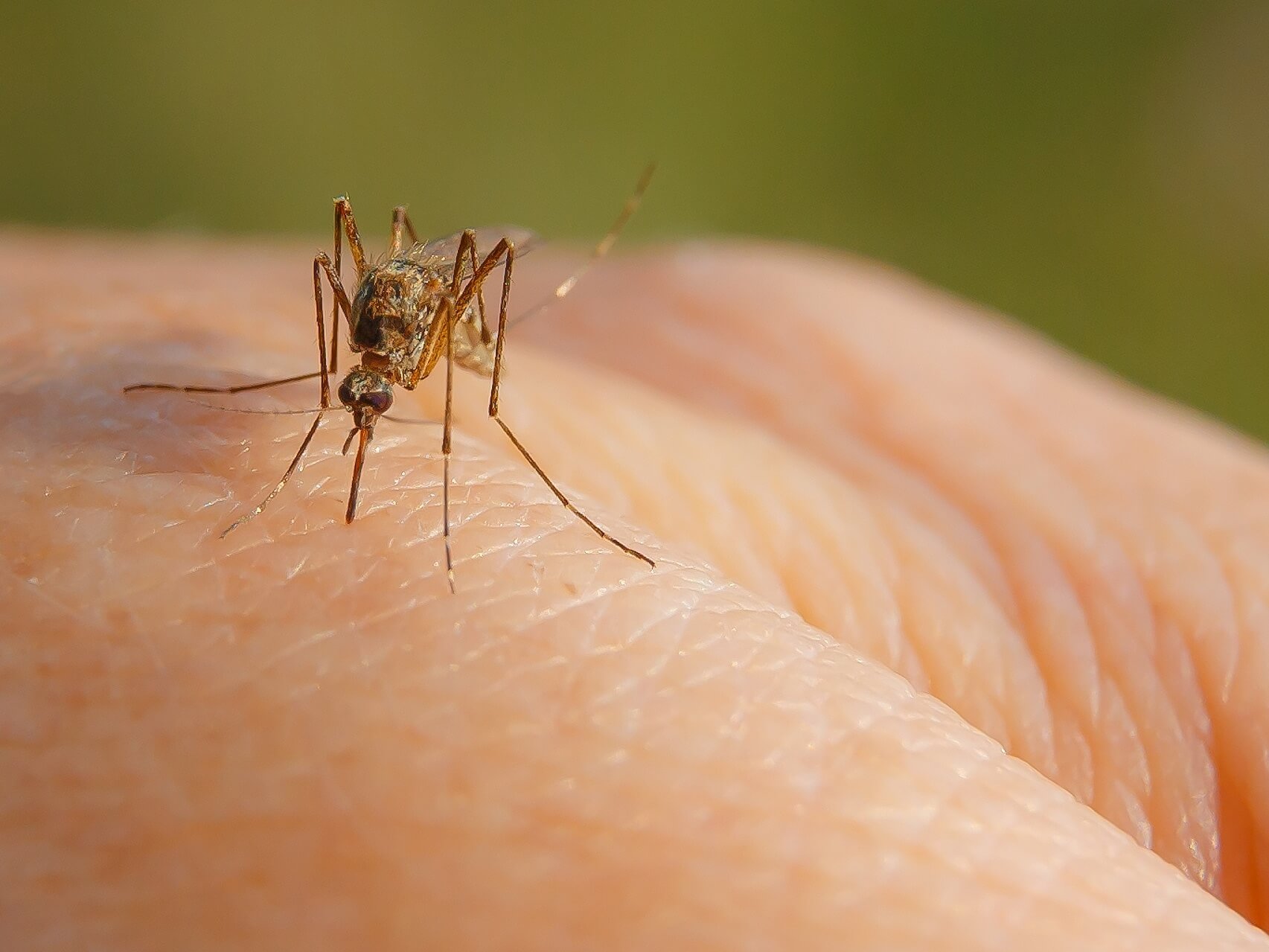The risk of contracting a severe mosquito borne disease has increased with the recent detection of Murray Valley Encephalitis Virus in the Top End and Barkly regions, the Department of Health has warned.
According to the NT Health Mosquito Disease Surveillance Program, MVE and Kunjin Virus could be lurking in some high-risk areas such as rural areas, especially those close to swamps and wetlands, with one “severe case” currently under investigation, but the location was not disclosed.
MVE can be a very serious disease, in some cases causing delirium, coma, permanent brain damage or death. Symptoms can include severe headache, high fever, drowsiness, tremor and seizure, NT Health said in a statement.
It added that Kunjin Virus has similar symptoms but rarely leads to encephalitis.
Medical Entomologist Bill Pettit warned Territorians and visitors to be watchful against mosquito bites while enjoying the outdoors until the end of July.
“The results of recent testing indicate widespread MVE and Kunjin Virus activity throughout the Northern Territory,” he said. “A severe human mosquito born virus case is currently under investigation in the Top End.
“Although mosquito numbers are currently relatively low in Top End urban areas and Central Australia, they can still occur in relatively high numbers in rural areas, especially those close to swamps and wetlands.
“The MVE and Kunjin Viruses are transmitted by the bite of an infected mosquito, which mainly breeds in vegetated freshwater habitats and is active at night and in the early morning.”
To minimise the risk of mosquito borne disease, the NT Health department advises people to avoid outdoor exposure around dusk, and at night within 2 km of swamps, creeks, rivers, billabongs and other flooded or low lying areas; use a protective repellent containing 20 per cent DEET or picaridin or extract of lemon eucalyptus at a concentration of at least 30 per cent with creams providing the best protection; and ensure children and infants are adequately protected against mosquito bites.




0 Comments